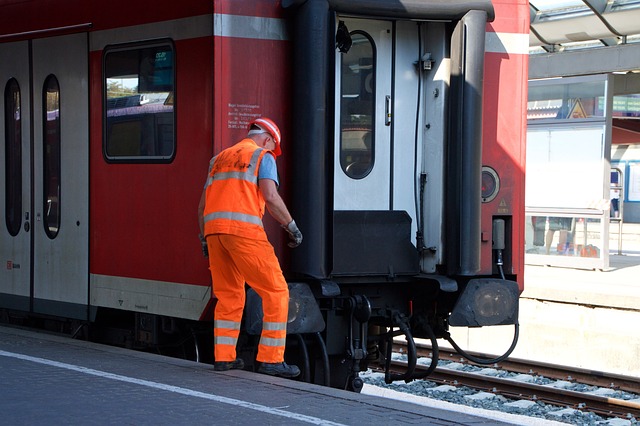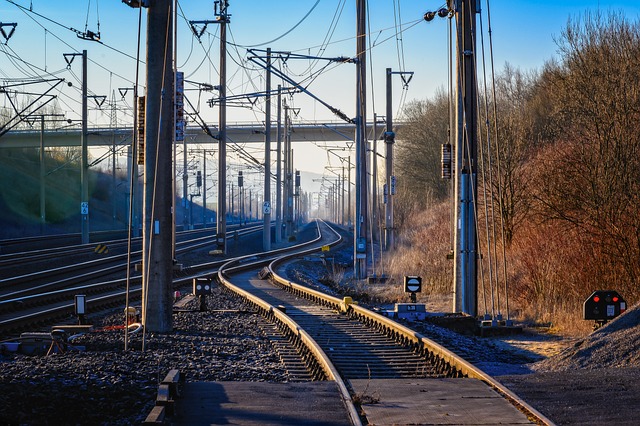
Each year, railroad workers sustain injuries due to train coupling systems not functioning properly. Common injuries include torn ligaments, sprains, herniated or bulging discs, dislocations, fractures, torn rotator cuffs, amputations, and even death.
Under the Federal Employers’ Liability Act (FELA), a person who is injured on a railroad due to negligent actions from their superiors can request compensation for their losses. Employers usually fight back by claiming they were not negligent or that the worker was mostly at fault. For example, in 2015, a jury returned a verdict in favor of a Union Pacific switchman whose left leg was nearly severed below the knee by the wheels of a rail car that lunged forward striking him as he walked behind the car. Although the jury awarded $4,200,000, it found that the plaintiff was 5% at fault. Thus, the award was reduced to $3,990,000.
What many railroad workers do not know, is that if an injury is caused by coupling systems that are not functioning properly, the railroad may be strictly liable for all injuries that a worker sustains, regardless of the railroad’s negligence or the worker’s own comparative fault.
There is also the Safety Appliance Act which requires employers to confirm that railroad cars have safety devices installed and employees are in a safe working environment. Among the many requirements this act imposes, it provides (in part) that all trains in use must be equipped with couplers that couple automatically by impact, and are capable of being uncoupled without the necessity of individuals going between the ends of the cars. If the railroad is found to have been in violation of this rule, they can be precluded from arguing that they were not negligent and/or arguing that the injured railroad worker negligently caused their own injury. This is known as negligence per se.
It is not required that this Act was violated in order for an injured worker to get compensation, which means employers cannot bring up contributory negligence. Our attorneys have had considerable success in holding the railroad strictly liable for injuries caused by faulty and/or defective safety equipment. If you have been injured due to a railroad coupling mechanism not functioning properly, call us today for a free consultation.





